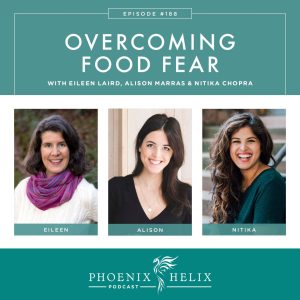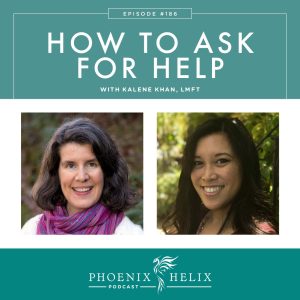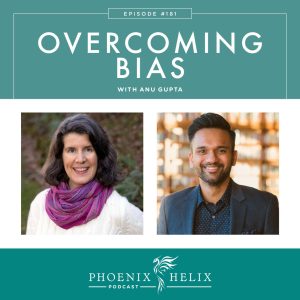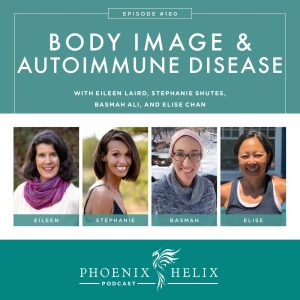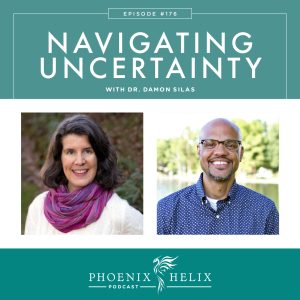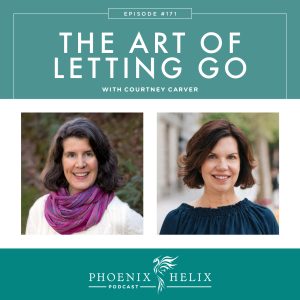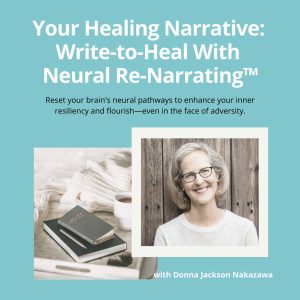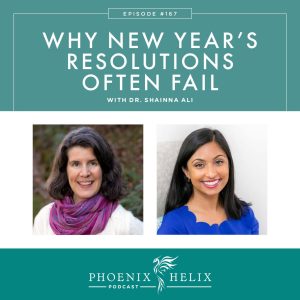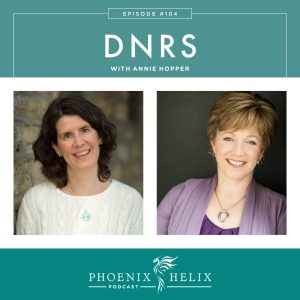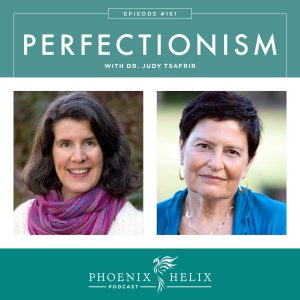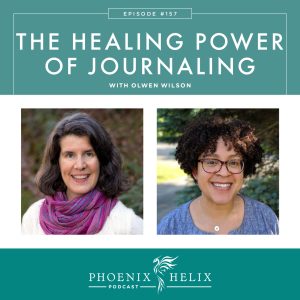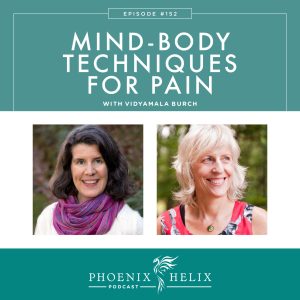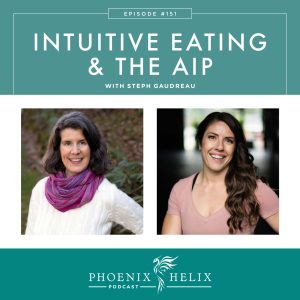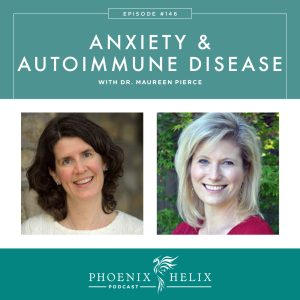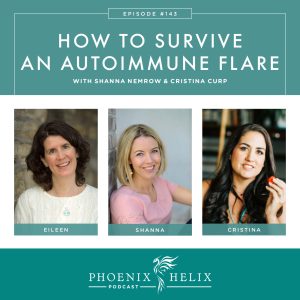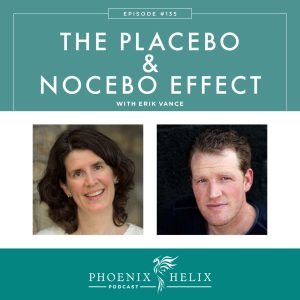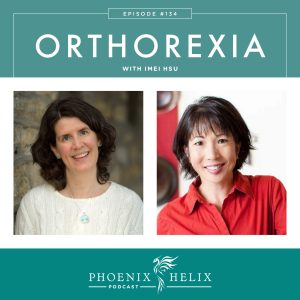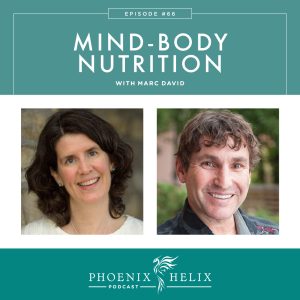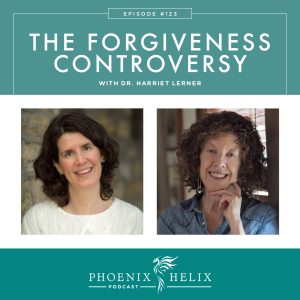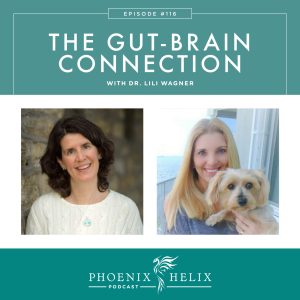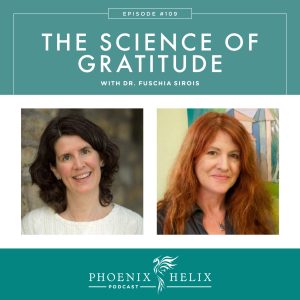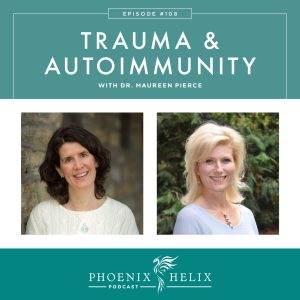Episode 188: Overcoming Food Fear
When you first experience the connection between the food you eat and how you feel, that can be an empowering moment. But when certain foods cause you to flare, that can also inspire a fear of food. This is a natural reaction, but it also has consequences. The fear itself can cause autoimmune flares and also increase food sensitivity, creating a vicious cycle. Suddenly, all food feels dangerous, and we over-restrict our diets, which harms our health long-term. There is good news! We can overcome food fear, replacing it with a deep knowledge about our bodies and enjoy eating again. That’s our goal with our conversation today. My guests are fellow autoimmune warriors, Nitika Chopra and Alison Marras. We share our own experiences with food fear and tips for overcoming it.

